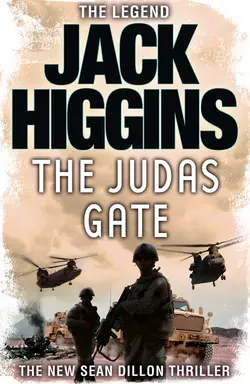The Judas Gate

Jack Higgins
Тип: электронная книга
Жанр: Современная зарубежная литература
Язык: на английском языке
Стоимость: 996.84 ₽
Статус: В продаже
Издательство: HarperCollins
Дата публикации: 16.04.2024
Отзывы: Пока нет Добавить отзыв
О книге: Treachery has a price, in the mesmerizing Sean Dillon thriller from the Sunday Times-bestselling author.Helmand Province, Afghanistan: a lone convoy edges its way towards a deserted mountain village, led by US Army Rangers in Mastiff APVs. Stopping to search the area, the Rangers are hit by a massive roadside bomb, and as half the patrol lie dead or injured, the rest are ambushed with military precision. A nearby British medical team responds to the call for back-up, but all are slaughtered when their Chinook helicopter is blown up.The ambush is bad, but what′s worse is that, amidst the battlefield chatter picked up by Major Giles Roper, not all the Taliban voices are Afghan – some are English, and the commander bears an Irish accent; he even names himself ′Shamrock′. Why would he commit such an atrocity, but more importantly can he be found before he masterminds another?Sean Dillon is put in charge of hunting the traitor down, with all the resources of the ′Prime Minister′s private army′ at his disposal. The fast and furious plot sweeps the reader from Pakistan to Algeria to London to Paris to Ireland, with many deaths along the way. The stakes are already high for Dillon and company then a familiar, deadly face makes a dramatic reappearance. This time, Dillon will not only be going to war – the war will be coming to him, and he will learn that this Judas has al-Qaeda on his side…